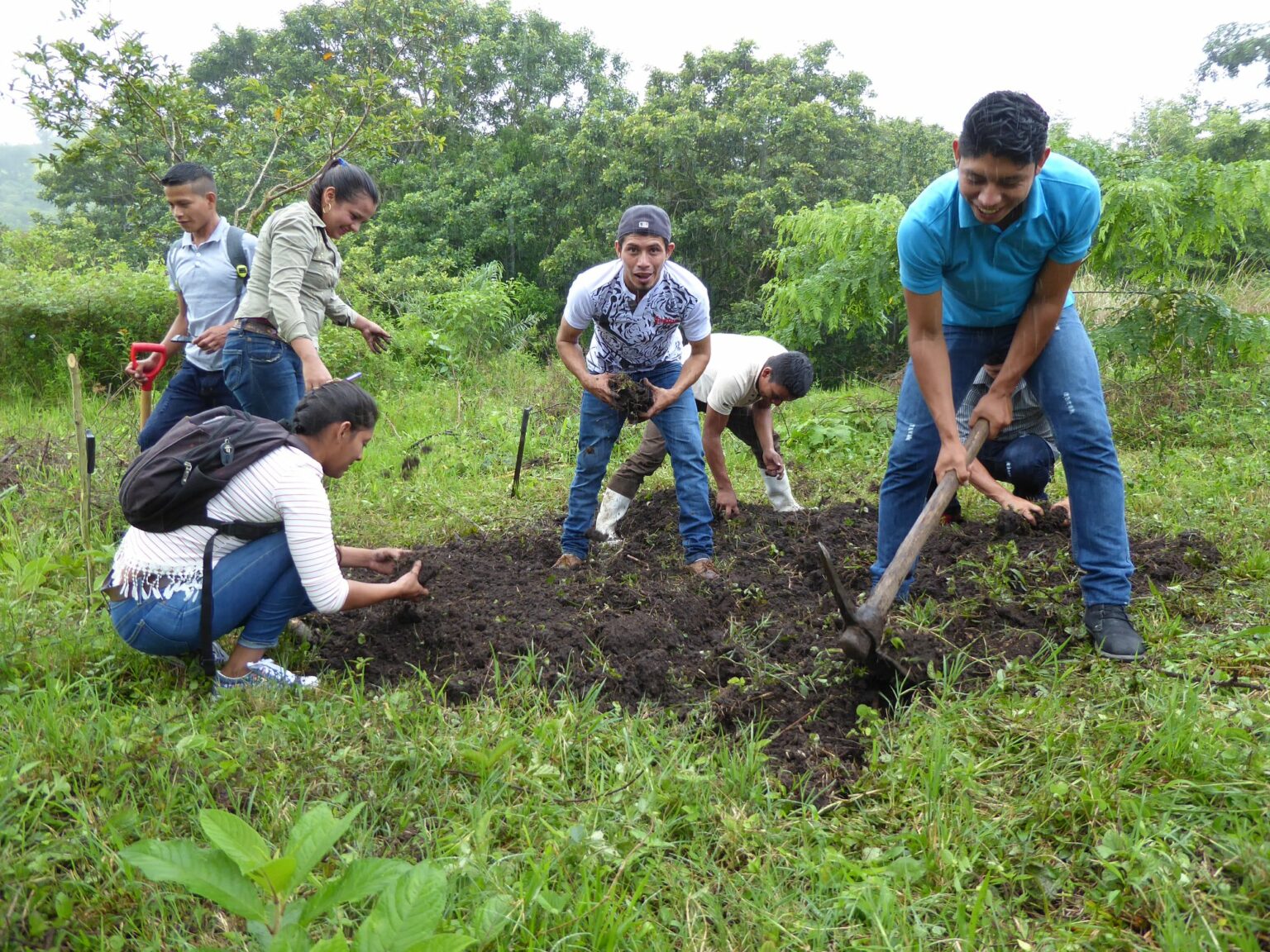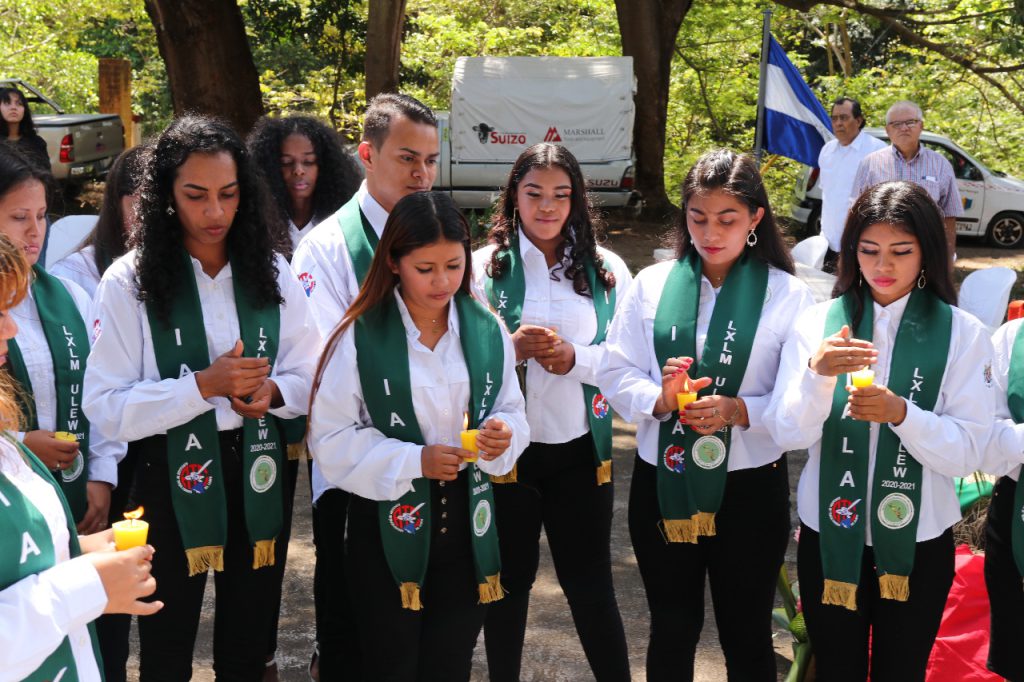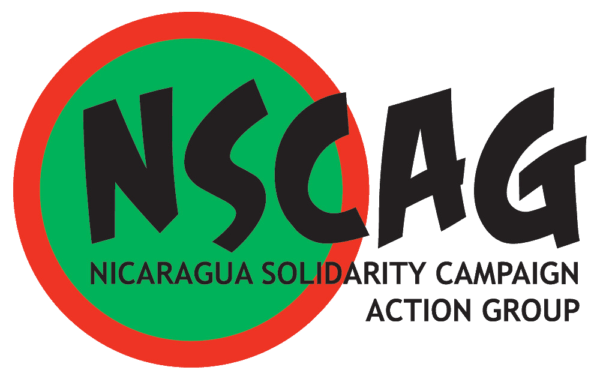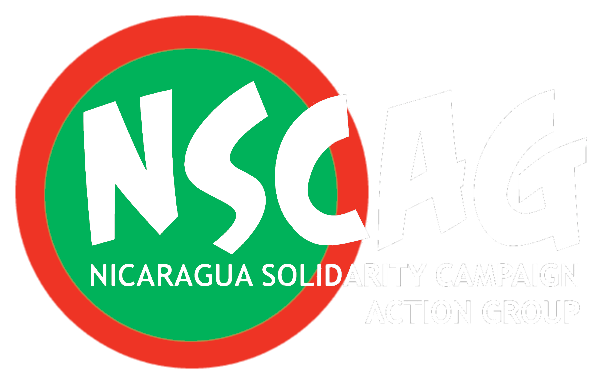Nicaragua Solidarity Campaign Action Group
6 June 2022
Training the next generation of agroecologists

The future of healthy, sustainable agriculture is in the hands of young people and the way forward is through agroecology. Dionys Melgara, Rural Workers Association (ATC)
The first Latin American Agroecological Institute (IALA) was set up in 2006 in Venezuela through an agreement between the international movement La Via Campesina (LVC) and then Venezuelan president Hugo Chavez. Since then eight other IALAs have been established across the region.
Each IALA has its own characteristics but all are dedicated to training agroecologists who return to their organisations and communities to apply what they have learnt.
The training they provide is based on the holistic LVC popular education method that combines technical, political and ideological training.
For the LVC as a global movement, this training is part of the decolonisation of food production dominated by the power and wealth of transnational corporations and deconstructing the mindset that goes with this model.
IALA Ixim Ulew (land of maize) in Nicaragua was founded in 2018 by the ATC for young people from Central American and Caribbean organisations.
The campus, located in Santo Tomas, Chontales, is a 130 hectare farm school: sixty per cent of the area is forested and the rest is cultivated with fruit, vegetables, basic grains, and pasture for animals.
Like all like other IALAs, the students follow a methodology of alternating periods spent on campus and time spent living and working with communities and co-operatives that are part of the ATC and allied organisations to share and apply what they have learnt.
The technical curriculum is certified by the Nicaraguan Technological Institute (INATEC)

Thirty – nine students of IALA Ixim Ulew from Nicaragua, Honduras, El Salvador,Guatemala, Mexico and the Dominican Republic graduated in January, 2022 after completing a two year course.
The pandemic meant adapting to new technologies and studying techniques: this presented challenges but opened new possibilities for developing distance learning.
Bryan Vásquez, a Nicaraguan graduate, commented that the IALA agroecology training is ‘training for life’ in that it encompasses social, economic, political, and cultural aspects as well as technical training. He also spoke of the vital importance of rescuing ancestral knowledge through the peasant-to-peasant methodology.
Further information: https://friendsatc.org/pdf-documents/

